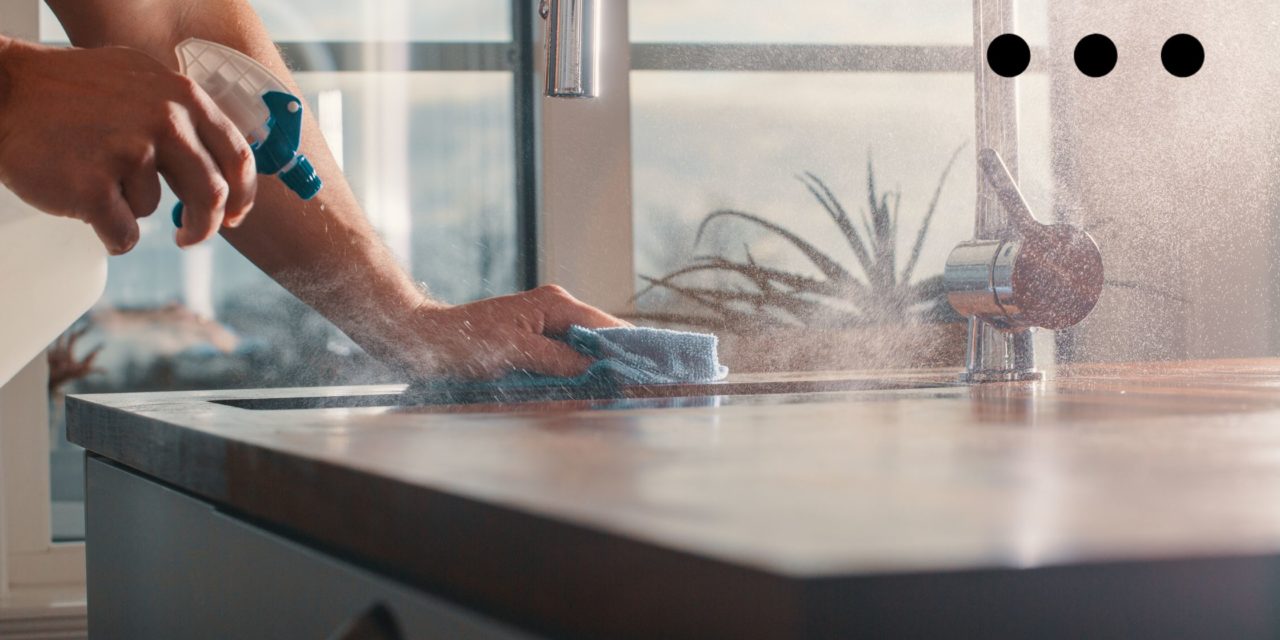Picking up a loved one from rehab is an exciting time — one that feels full of hope and opportunity and healing. As much joy as this reunion may bring, it also marks yet another challenge on the journey of addiction recovery, leaving the family members and friends to figure out how to support a loved one’s return from rehab.
Some ways are more obvious than others, like the safe storage of medications. Other ways to be supportive aren’t always as obvious. Keep reading to discover 9 ways you can provide family support after rehab.
9 Ways to Prepare Your Home for a Recovering Addict
- Store medications safely
One of the most practical ways to prepare your home for a recovering addict is to minimize their exposure to potential triggers and temptation. As such, safely storing medication and other items that could be misused or abused is essential. For ultimate security, keep items like painkillers and other prescription drugs under lock and key. However, even over-the-counter drugs and toiletries like cough syrup, bath salts, or mouthwash could be dangerous in the wrong hands so be mindful of the accessibility to seemingly harmless items like these as well.
- Remove any drug paraphernalia
In a similar vein to hiding any drug or substances that can be misused, a person should also prepare their home by removing any items related to drug use like lighters, razors, and needles. Consider media mentions of drug use as well, like posters, movies, and music that’s present in the home.
- Protect your valuables
It’s an unfortunate reality that a person’s craving for drugs can make them do things that harm their own loved ones, including stealing from them. While it may not be possible to remove and lock away everything of value in the house, consider putting items that can be replaced like family heirlooms somewhere secure like a safe or storage locker.
- Keep the home clean
It’s scientifically proven that messy spaces can prevent our brains from optimal functioning and make it difficult to focus and stay productive — something a person who just finished rehab is already likely to be experiencing. Set your loved one up for success by creating a neat abode to come home to. Not only are they more likely to find the space more tranquil, but it can also impart a sense of control.
- Keep nutritious snacks on hand
Nutrition plays a vital role in addiction recovery. Even just a few months of drug use can wreak havoc on a person’s physical health, and malnutrition is not uncommon in addicted persons, who prioritize drugs over real food. Restoring a person to health is impossible without a balanced, and healthy diet.
- Set boundaries
Structure is something your loved one encountered in drug rehab, and something you should continue to provide. Create rules for your home, be upfront about them, and don’t be afraid to enforce them. This structure will help your loved one stay their course and eventually become more independent.
- Have ways to fight boredom
Before your loved one’s newfound sobriety, they probably spent the majority of their time in search of drugs, using them, or thinking about the next time they could. Have wholesome distractions at the ready in order to fill that gap. This could be a gaming system, exercise equipment, or suggestions for social events like a book club or 12 Step support groups.
- Get them a new phone number
A highly effective way to separate an addicted person from their old life is to change their number. This way, dealers and drug-using friends will have a much harder time getting in touch with them and won’t be able to tempt them back into old ways. Contact their service provider to request a phone number change or give them a temporary new phone number with a less expensive prepaid phone.
- Educate yourself about addiction
The best way to support your loved one coming home from rehab is to have a better understanding of how addiction works. This includes how it affects the body and their overall health, but how it can also warp their priorities and personalities as well. Armed with this understanding, you’ll be better equipped to meet your loved ones where they are and to anticipate what they need.
Whether you’re a spouse, parent, or child of a person experiencing drug addiction, serving as part of their support system is no small task; your presence can make the difference between relapse and sobriety.
You don’t have to go through this experience alone. Explore our blog to read other articles about family and addiction recovery

